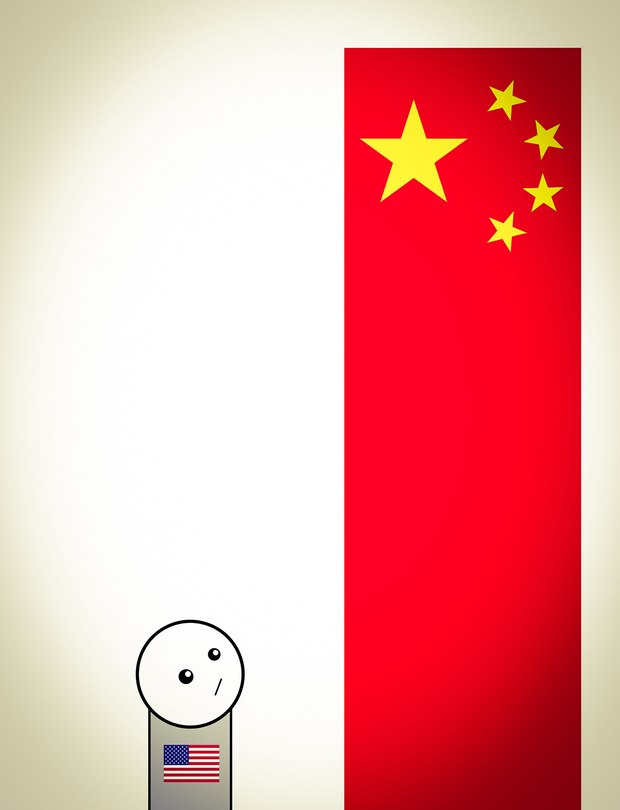The red carpet is not out for Chinese TV co-productions.
Since my June post on the Chinese primetime success of Disney / SMG's stone lion buddy comedy, Ban Jin Ba Liang, I've been contacted by numerous Western parties encouraged by this precedent and hoping to similarly crack the Chinese TV co-production nut with their own projects. As a public service, I'd like to address the realities faced by anyone attempting this daunting endeavor.
Ban Jin Ba Liang was not only Disney's first Chinese TV co-production, but also came after a drought of more than a decade, during which time TV co-pros were effectively banned in China (due to the Chinese perception that foreigners were gaming the system). Foreign content is banned from Chinese primetime but co-productions are not, so co-pros remained the Holy Grail for most foreign entertainment companies.
That Ban Jin Ba Liang recently managed to obtain official Chinese co-production status was due to the "perfect storm" of an entertaining and educational take on a Chinese cultural icon, the reputation and leverage of the Walt Disney Company, and the connections and efforts of Shanghai Media Group. All told, the timeframe of Ban Jin Ba Liang from initial development at Magic Dumpling Entertainment as Stone Cold Lions through acquisition by Disney to co-production approval by SAPPRFT and airing by SMG was 2009-2017.
Under the current political climate - in which the Chinese government is attempting "to remove foreign influence in media and education" - it remains to be seen how many more co-productions will be approved. Climbing Everest is easier and more predictable. Despite Magic Dumpling's prior focus on Chinese co-productions, and our success with Ban Jin Ba Liang, I hold a contrarian view of co-pros on both creative and business grounds (https://www.awn.com/blog/co-pros-are-no-go).
Conversely, although the Chinese government encourages the "export of Chinese culture and soft power," the ability of Chinese players to do so is constrained by government-imposed limitations on content and investment. Unsanctioned Chinese content that achieves international recognition (such as the edgy animated film Have a Nice Day) is being pulled from foreign venues under pressure from the Chinese government. At the same time, Chinese companies large and small are having trouble wiring money overseas in the midst of China's ongoing "anti-corruption campaign." So, even if a Chinese-Western joint venture decides to forego the China market and focus on the rest of the world, the JV often finds itself in a bind.
If you'd like to bring on a Chinese financial partner for support of a project's non-China distribution, you'll need to come armed with an attractive business plan and then address the money transfer issue. You may also need to rework the content (even if it's not aired in China) so that it passes the "birds of a feather" test.
If you'd like to attempt an official Chinese co-production, godspeed. Referring back to Ban Jin Ba Liang as an example, you'll need: 1) An authentic Chinese premise that is both entertaining and educational 2) A major Western studio at your back 3) A major Chinese media player on your side.
Even with those three elements in place, your chances are slim. I wish I had a more positive take on this, but it's better to be realistic. China is for the Chinese.








